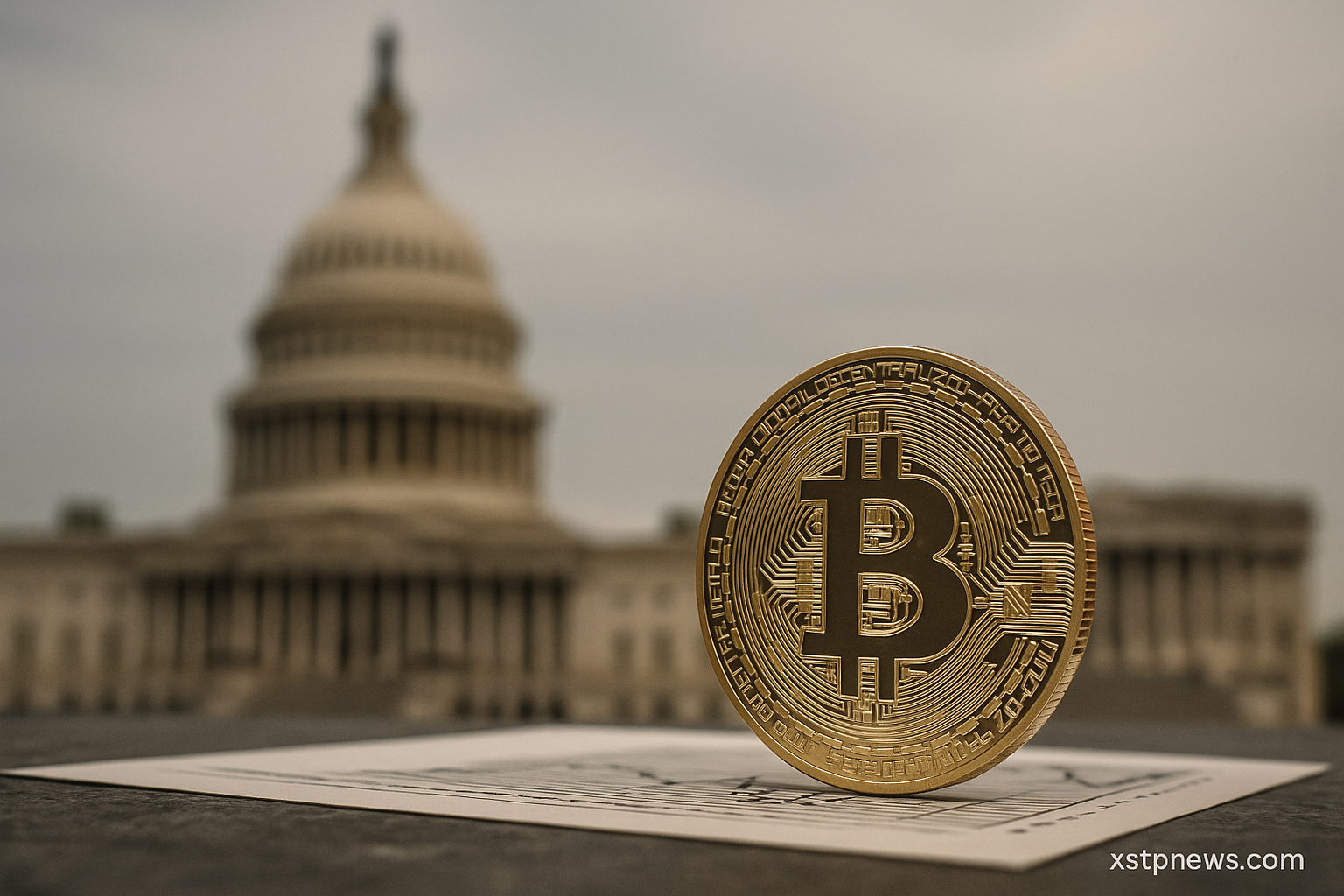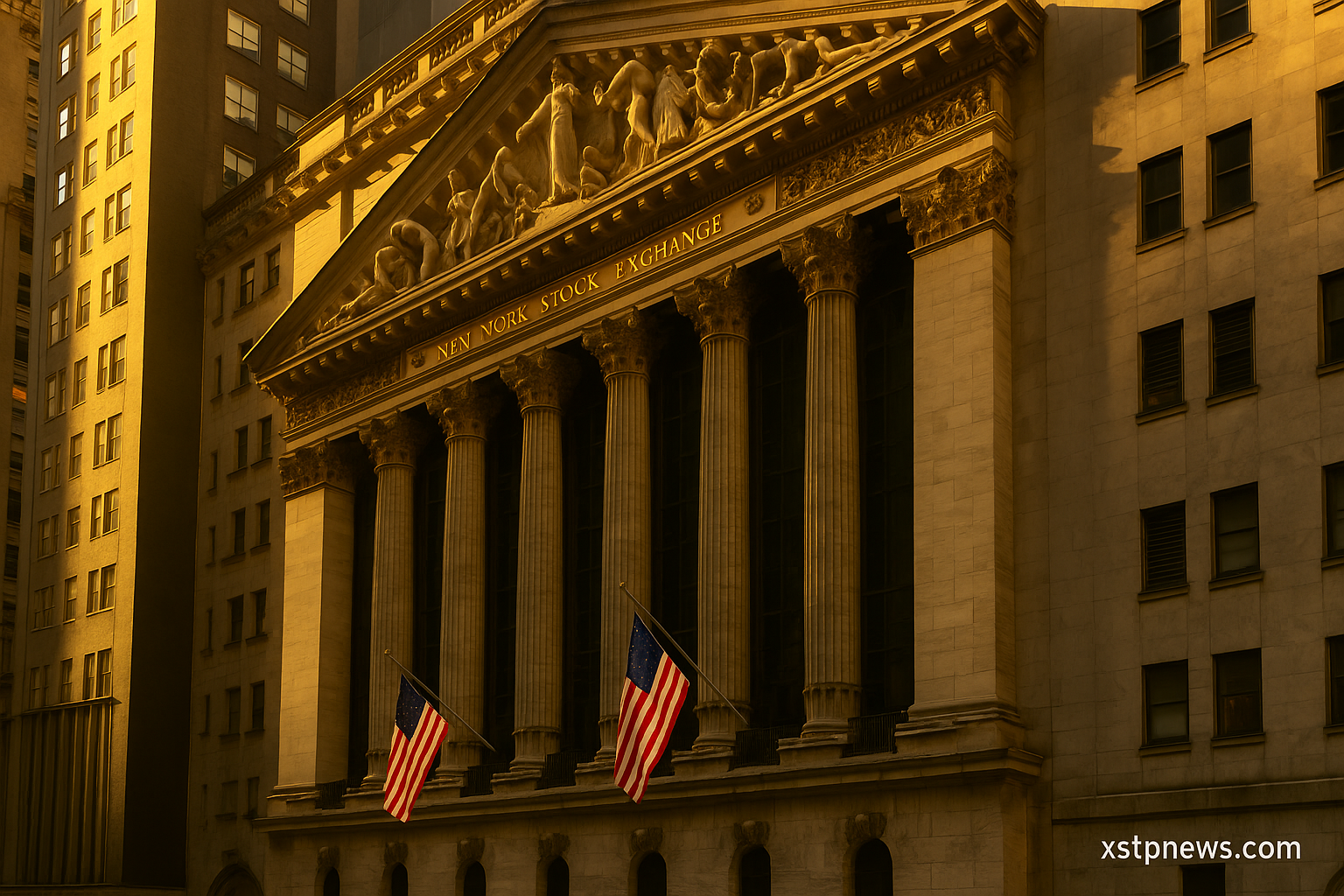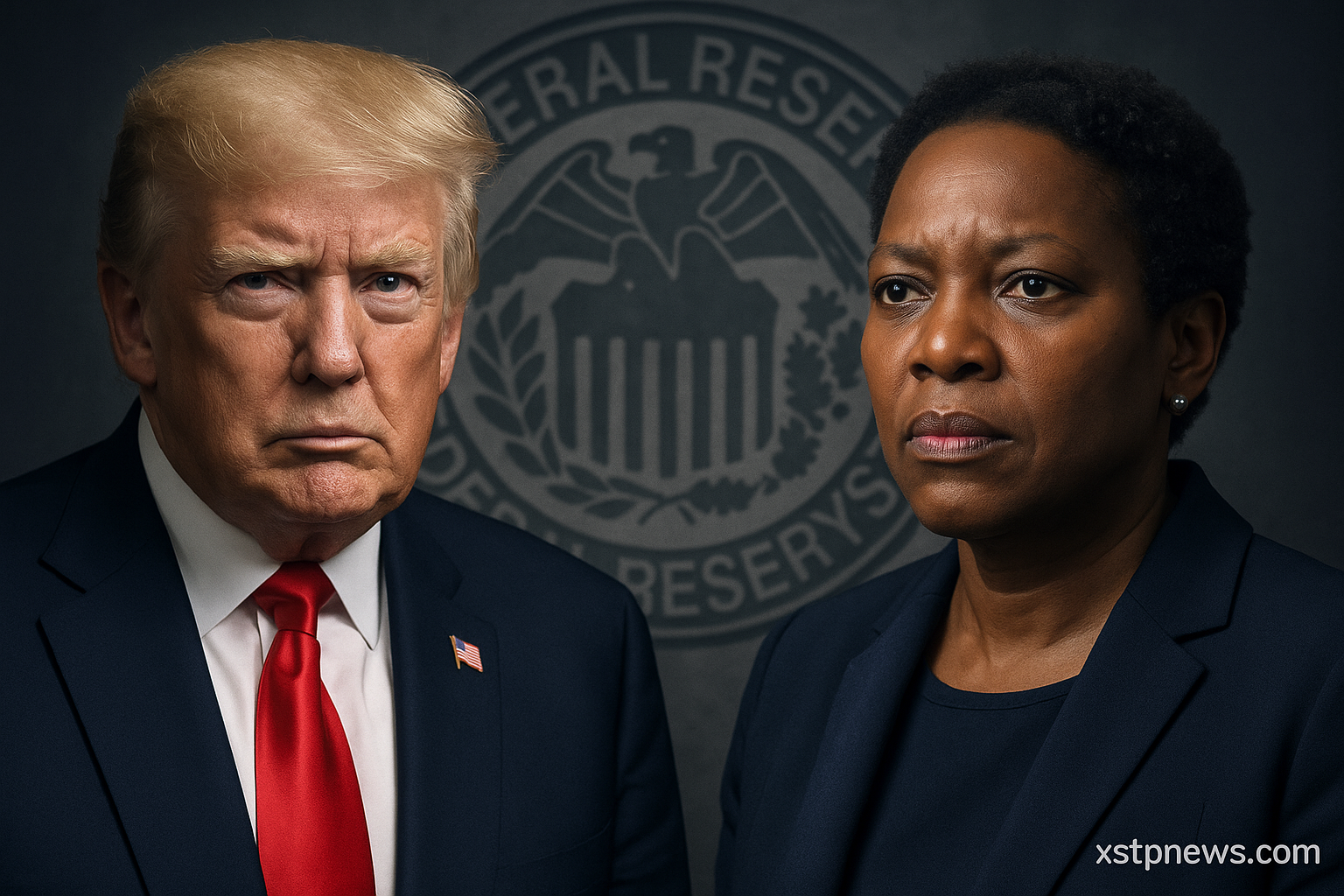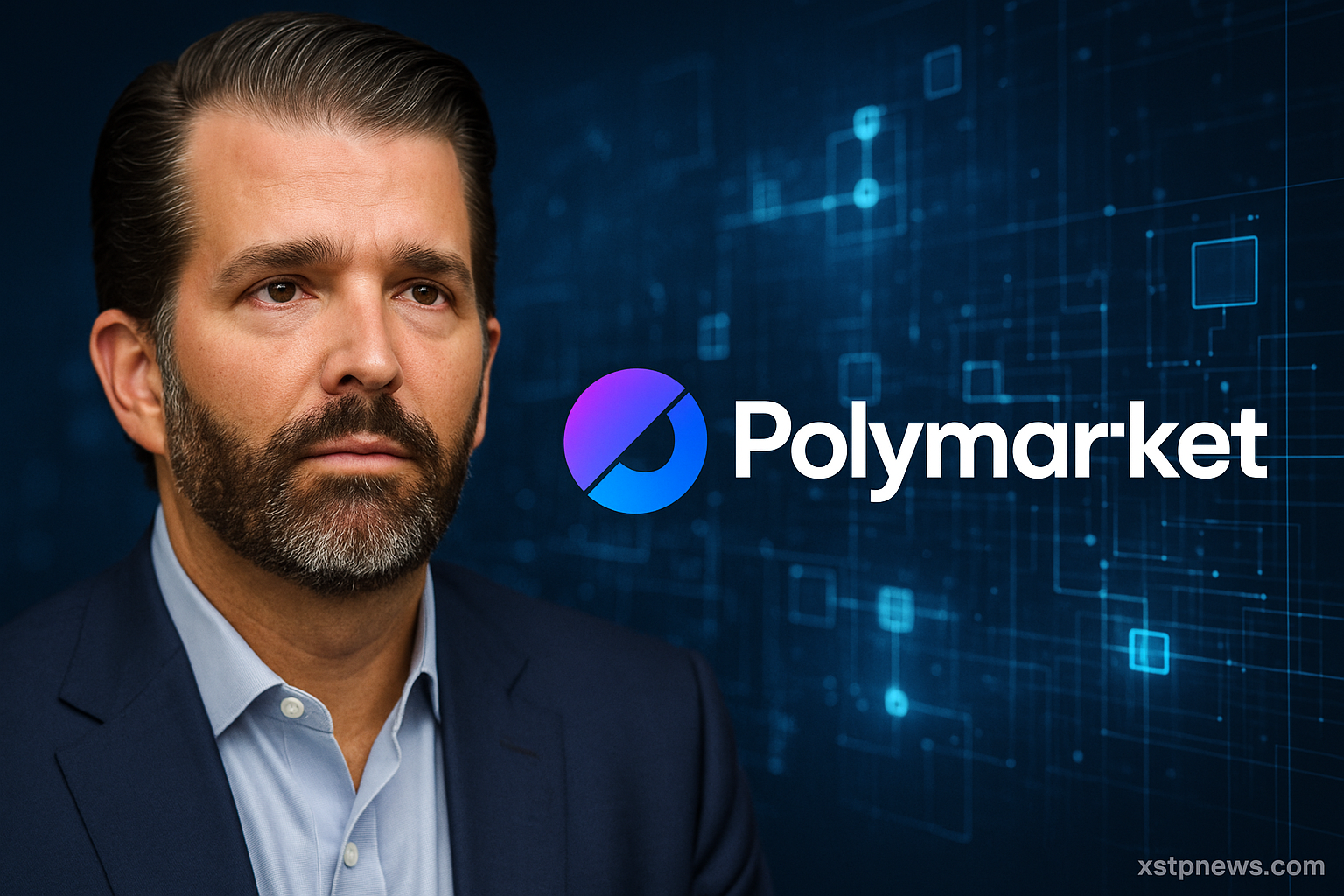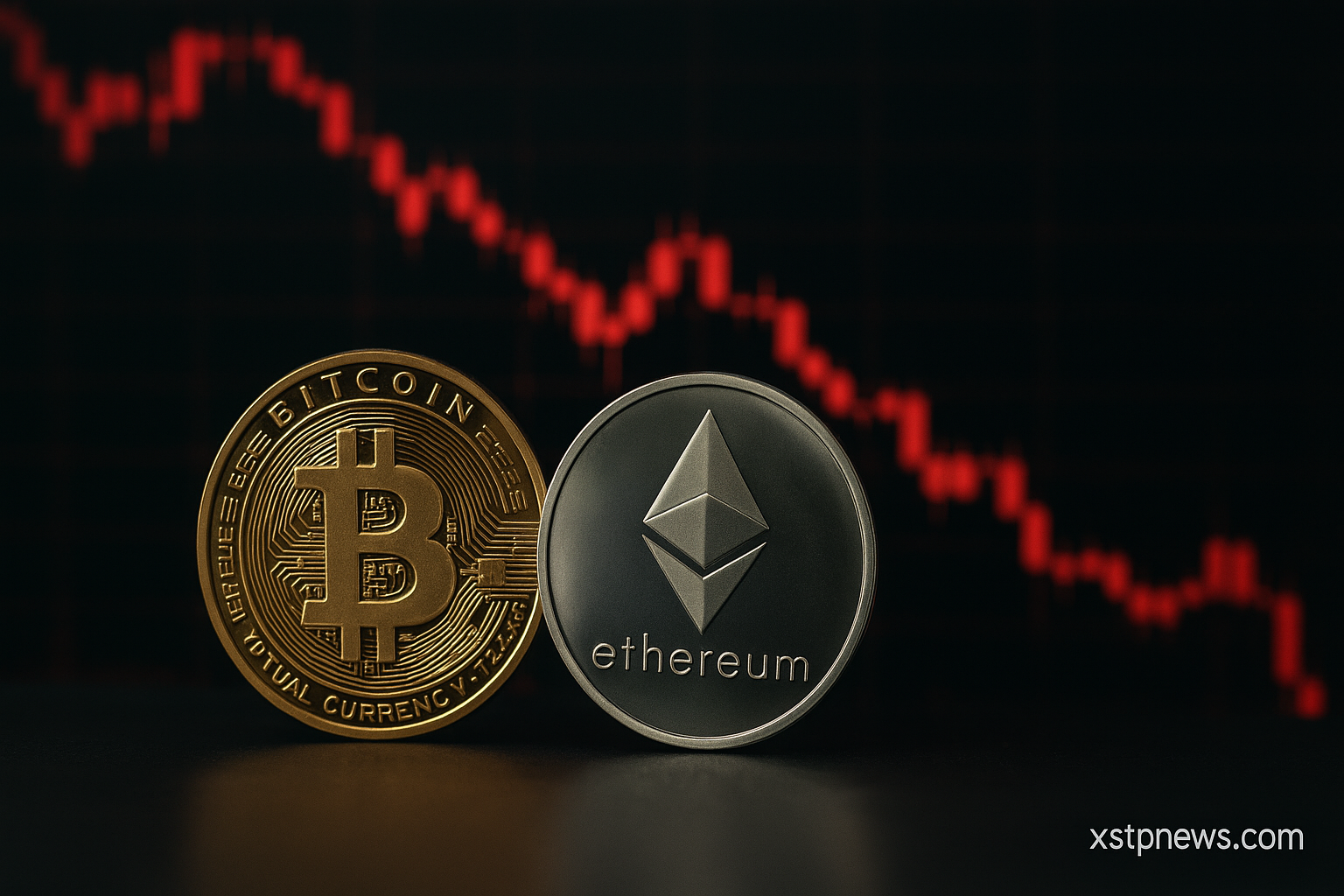The US House Financial Services Committee has made it clear. Digital assets are no longer seen as a distant promise. Lawmakers now view them as a national priority, marking a sharp turn in how Washington plans to handle the future of finance.
This week, often called Crypto Week on Capitol Hill, brought three major bills into the spotlight. One sets strict guardrails for stablecoins, requiring solid reserves and transparent disclosures. Another aims to clarify which agency, whether the SEC or the CFTC, will oversee different parts of the crypto market. A third moves to prevent any push for a central bank digital currency, something many fear could compromise privacy.
Leaders across the blockchain industry welcomed this momentum. They see it as the long-awaited opening for real investment and innovation in the US. Without strong rules, many warn the country could slip behind regions already building serious crypto infrastructure.
The markets reacted fast. Bitcoin surged close to one hundred twenty thousand dollars, lifted by hopes that clear rules might allow digital assets to grow without leaving investors exposed. Shares tied to the crypto economy also climbed, mirroring this optimism.
Not every voice in Washington agrees. Some lawmakers caution these proposals might hand too much power to big players, putting smaller investors at risk. Others argue for tighter controls on stablecoins and DeFi platforms before the doors fully open.
Even with these disagreements, one point stands firm. Digital assets have moved from a speculative idea to a central piece of the national economic agenda. The coming debates will test how the US balances growth with protection. Global markets will be watching each move with keen interest.

